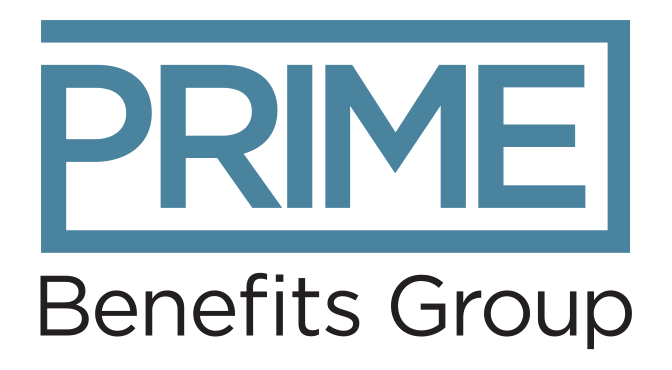- Have a question?
- 613-89-Prime (77463)
- 1-866-950-3667
- info@primebenefitsgroup.com
Post-pandemic considerations for disability management


Prior to the COVID-19 pandemic, employers faced mounting concerns about the rise in mental health-related absences — many of which led to both short and long term disability claims.
Since March 2020, the Canadian medical system faced unprecedented access to care challenges. Many surgeries, specialist appointments, and treatment plans were significantly delay or even cancelled altogether.
The raw data could be misleading
While employers might have experienced a dip in extended health claims costs during 2020, this doesn’t indicate that employee health conditions don’t still exist or that new ones didn’t surface during the year. Employees may have been putting off their medical care appointments or were uncomfortable with the idea of virtual treatment options.
Additionally, what isn’t factored into the raw data is the impact of the pandemic and the downstream effects on our health care system.
In the past, issues regarding self medicating or lack of prescription medication adherence were factors du jour, but now, facing new and uncharted pandemic territory, group benefits and disability claims trends will have a significantly different story to tell. What that story is, no one can say with 100 percent certainty, but we do anticipate a number of questions.
What questions might we expect to see?
As employers continue to navigate this ever-changing workforce landscape, the type and number of questions specific to how to manage and prevent disability claims are likely to increase.
- Will we see an influx of new claims in the next 12 to 24 months?
- Why are short-term disability claims running longer than expected?
- Why are we seeing more short-term disability claims being approved for long-term disability?
- Why are the number of mental health claims increasing and what can we do to support our employees?
- What might we be doing more of or differently when it comes to disability management as a result of the pandemic?
Complicating Factors
These and other questions are fuelled by a series of complicating factors that include, but are not limited to, the following:
- Changes in working arrangements (more remote work or alternating remote and at-work requirements)
- A lack of support for employee medical care
- An inability for employees to secure appointments with doctors, specialists, and other care providers
- Limited leadership support for employees working remotely
- A lack of in-person treatment service and/or a reluctance to try virtual care for services such as internet cognitive behaviour therapy (iCBT) and physiotherapy.
- Increased feelings of loneliness and isolation
Revisit your disability management plan
Now is an important time to revisit your disability management plan as well as any arrangements with service providers. We also invite you to connect with a trusted group benefits advisor to ensure your questions — like the ones featured in this post — are addressed. Having confidence in your support team is critical when facing a shifting health care landscape.
We’re here to help you. Please contact us at info@primebenefitsgroup.com. Let’s work together and create solutions that work best for you and your organization.